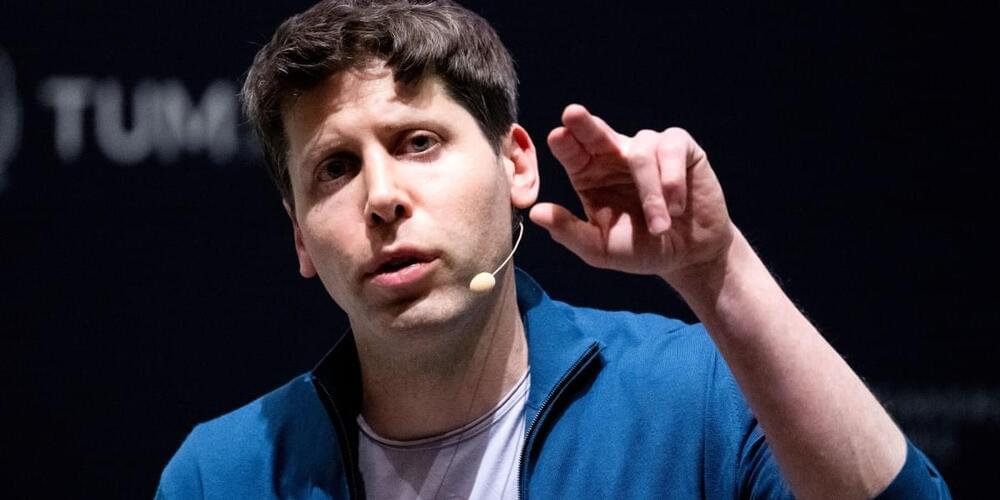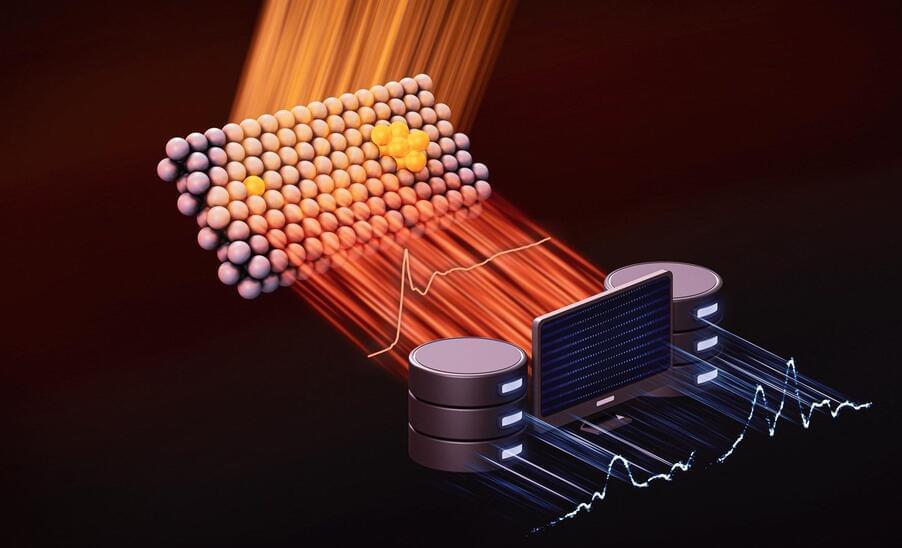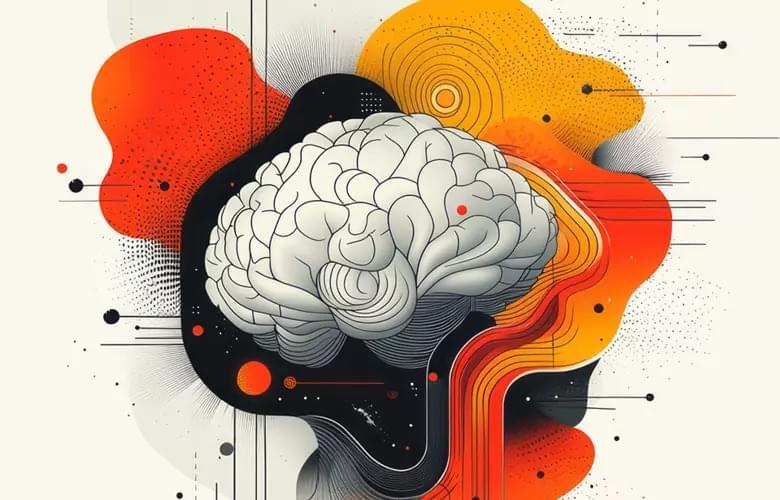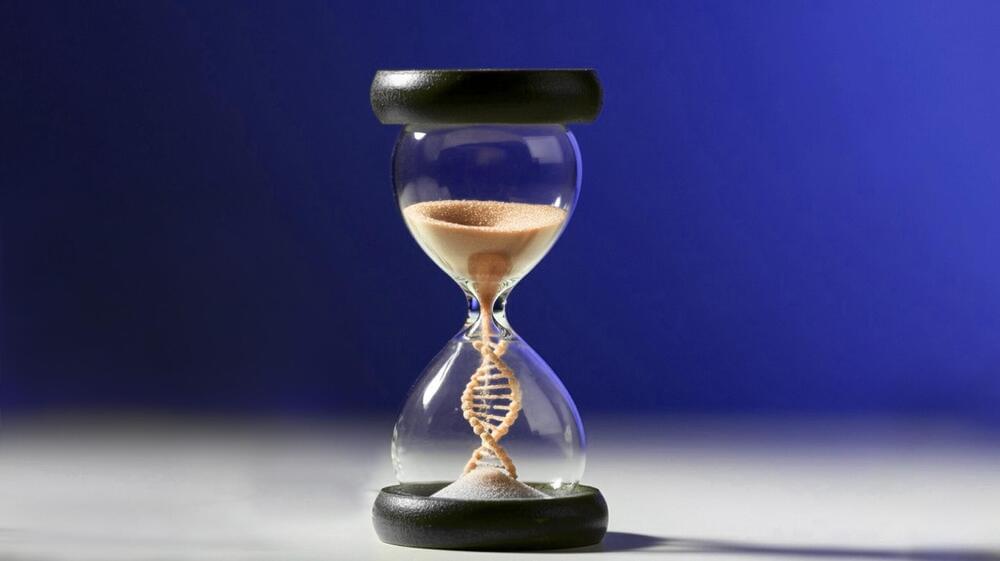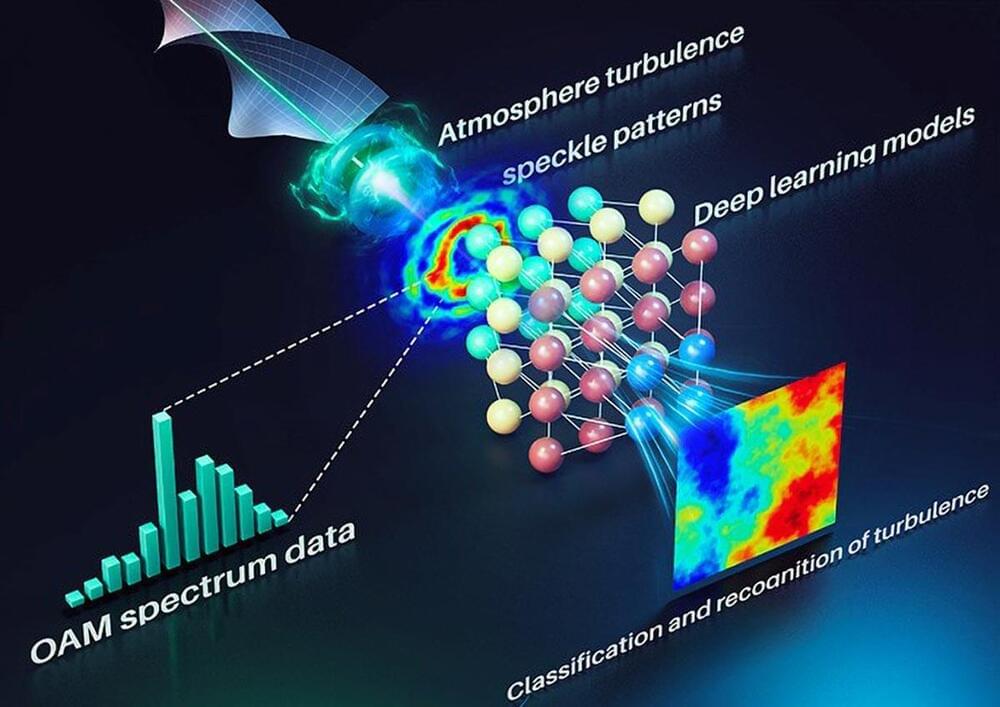When I saw the introduction of this game, the word “edutainment” popped up in my mind. It definitely turns coding into a more fun, satisfying activity.
“Use real Python code to automate machines, robots, drones and more: Program self-driving vehicles; crack passwords; apply machine learning; automate logistics; use image processing to guide missiles,” the description of JOY OF PROGRAMMING — Software Engineering Simulator reads.
There are various levels that are ready in the game, whose goals, mandatory or optional ones, can be solved with different valid solutions. When finishing the levels, you’ll gain stars, which are used to unlock new programming features.
